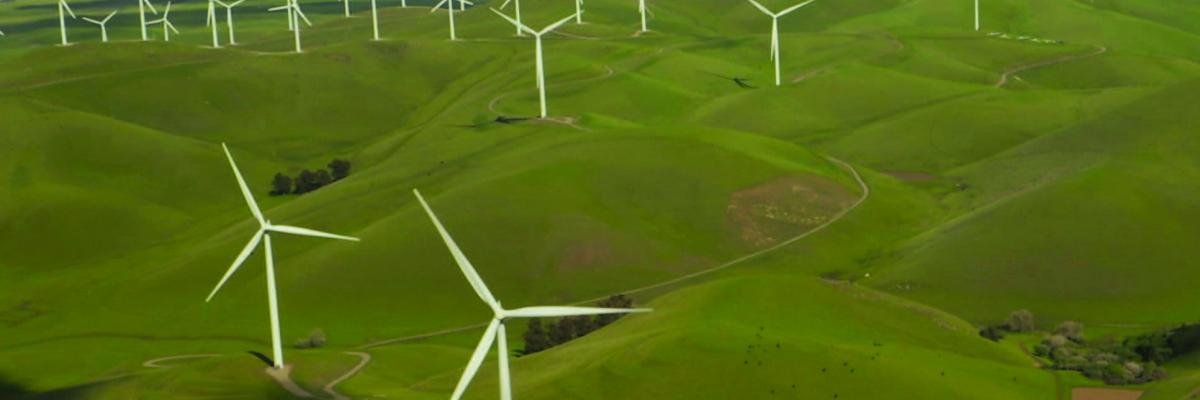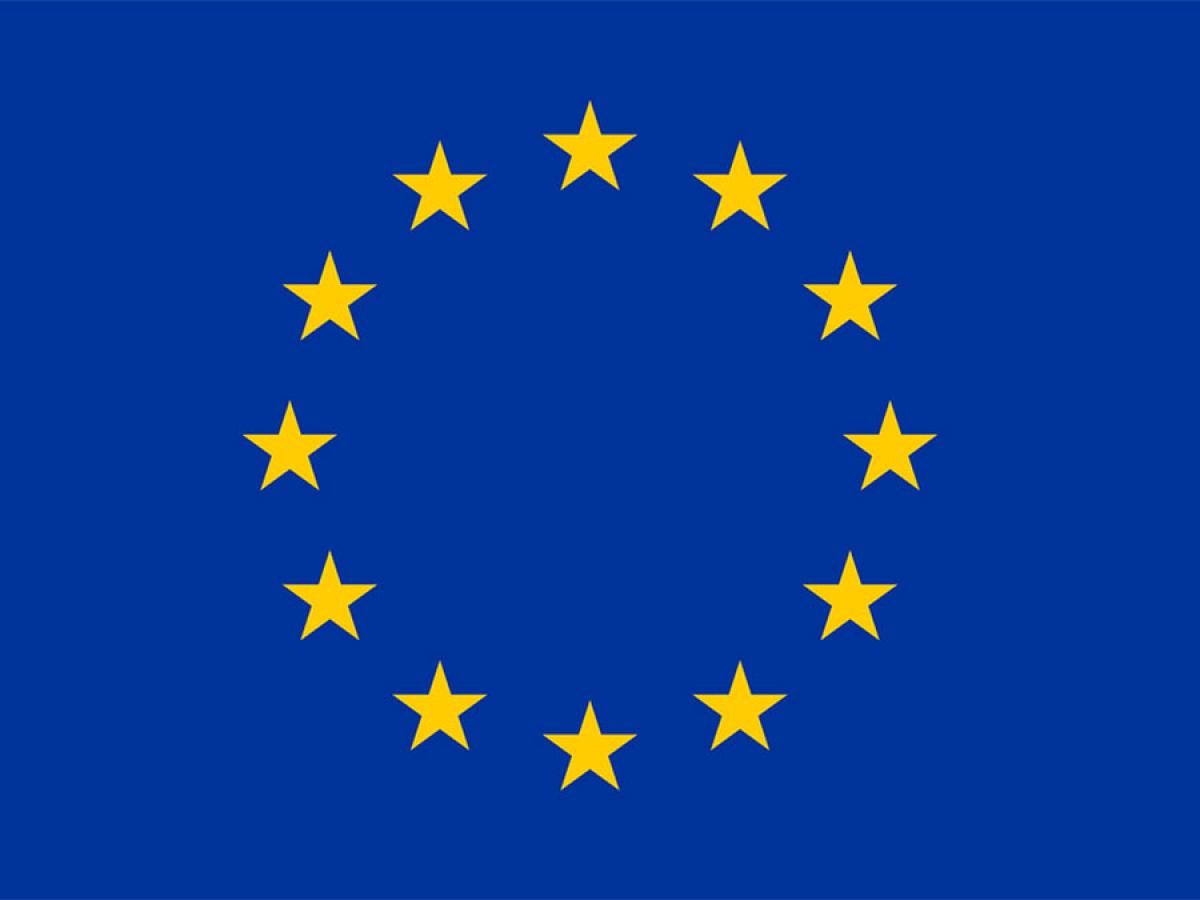Carbon Border Tax: How the CBAM could hold great potential for Australian Business

Despite the recent collapse of the Australian-European Union (EU) trade talks, one should not assume the European market is not important for Australia.
In 2022, the EU ranked as Australia’s third largest trading partner, behind China but ahead of the United States (US). Imports from the EU totalled almost AUD77 billion and accounted for 14.5 percent of Australia’s total imports, a 19% increase over 2021.
Exports to the EU are smaller, accounting for only 4.7% of the total, but grew faster than any other trading partner, increasing 67.5% over 2021 levels and 8% over the past 5 years. These numbers show that currently Australia relies on EU imports more than the EU relies on imports from Australia.
Thus neither market is substantial enough to create pressure to compromise and may have contributed to the EU’s unwillingness to meet Australian demands for improved access on agricultural goods in the recent trade talks – and why Australia was willing to walk away. However, there are still significant opportunities for Australian businesses in the EU market. Among the most important, especially from South Australia’s perspective, are the opportunities arising from the imposition of the EU’s Carbon Border Adjustment Mechanism, or CBAM.
This may seem counter-intuitive. Most businesses are lamenting the introduction of the CBAM as another regulatory and tax hurdle to overcome; an added expense to servicing the EU market. However, there are opportunities for the forward looking exporter. While the actual CBAM tax won’t be applied until 2026, the period starting from October 2023 allows both businesses and EU authorities to get used to the new reporting and assessment requirements. This learning period can provide Australian businesses with the necessary time and space to adopt not just the necessary methods and processes to access the EU market, but also adjust to what is inevitably coming: a global demand for carbon reporting. In the short term this means carbon measurement and reporting, and in the longer term reduction if not outright elimination.
Author: Susan Stone is the Credit Union SA Chair of Economics at UniSA, undertaking research on economic issues pivotal to theState of South Australia.
Funded by the European Union. Views and opinions expressed are however those of the author(s) only and do not necessarily reflect those of the European Union or The University of Adelaide. Neither the European Union nor The University of Adelaide can be held responsible for them.

This work is licensed under Commons Attribution-NonCommercial-NoDerivatives 4.0 International License.
IIT is a global leader in researching, analysing and commenting on International Trade.
Stay informed about our up-and-coming seminars, events, publications, awards, new projects and collaborations, and other exciting news.
